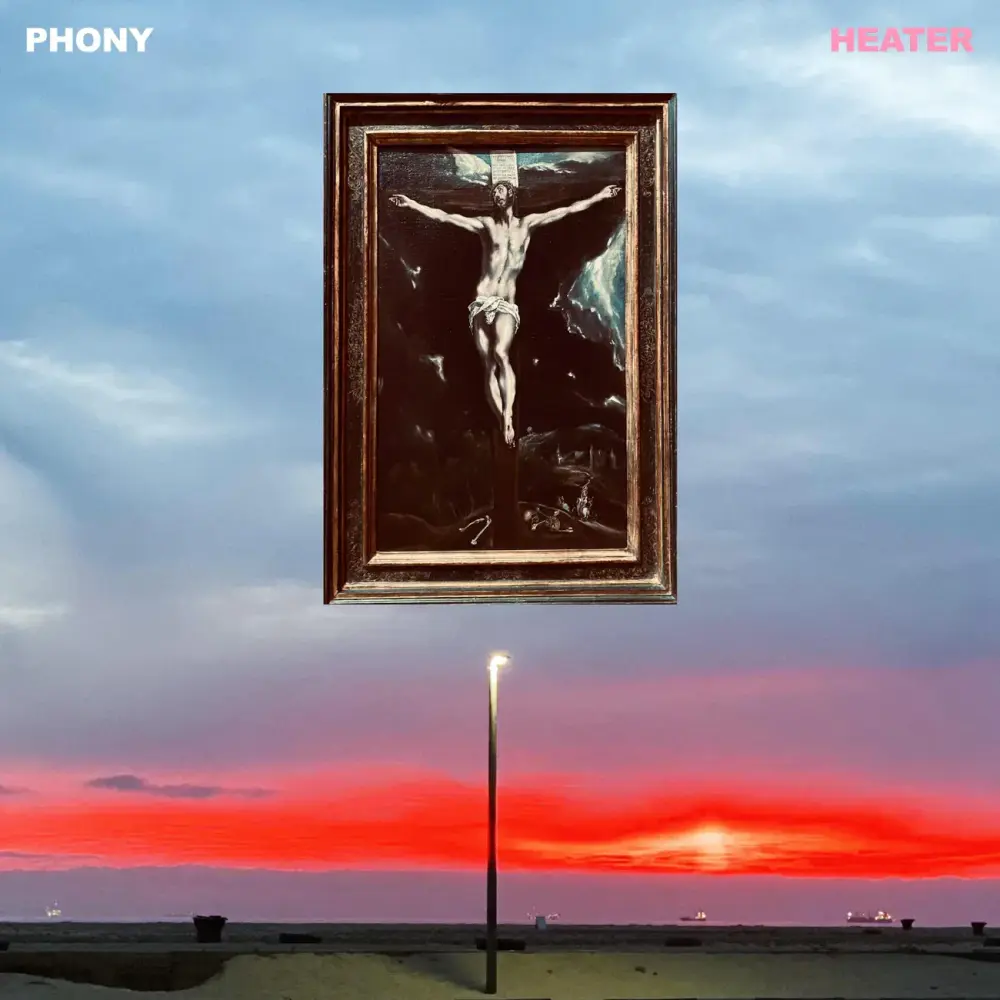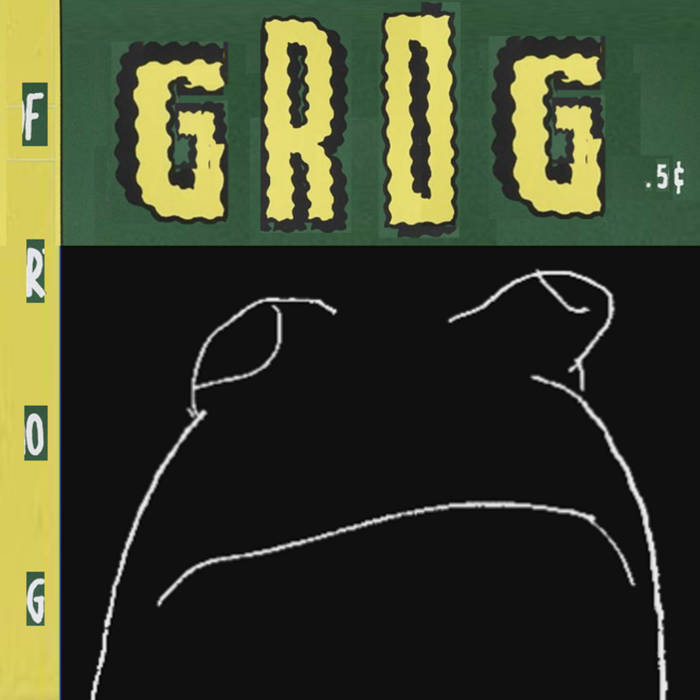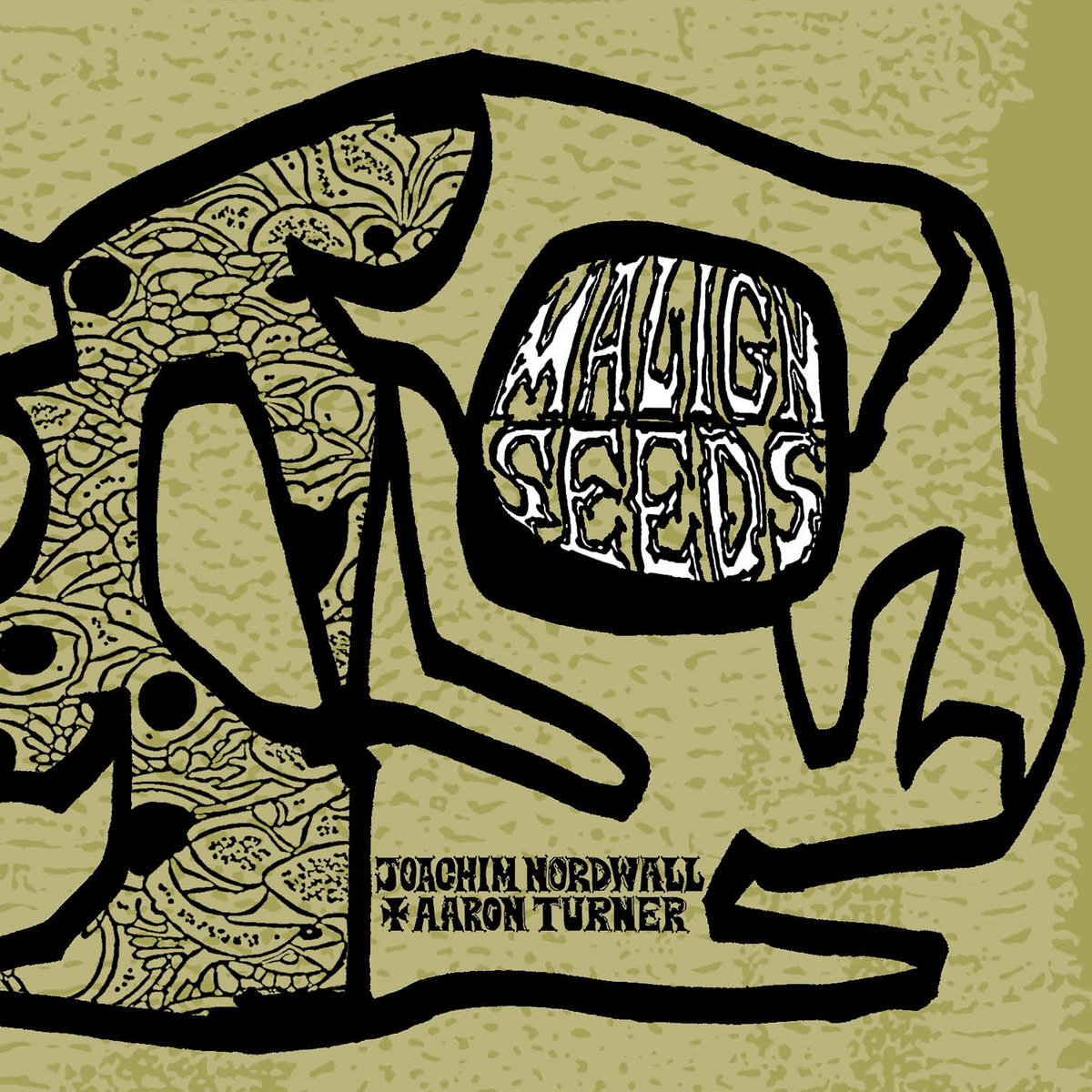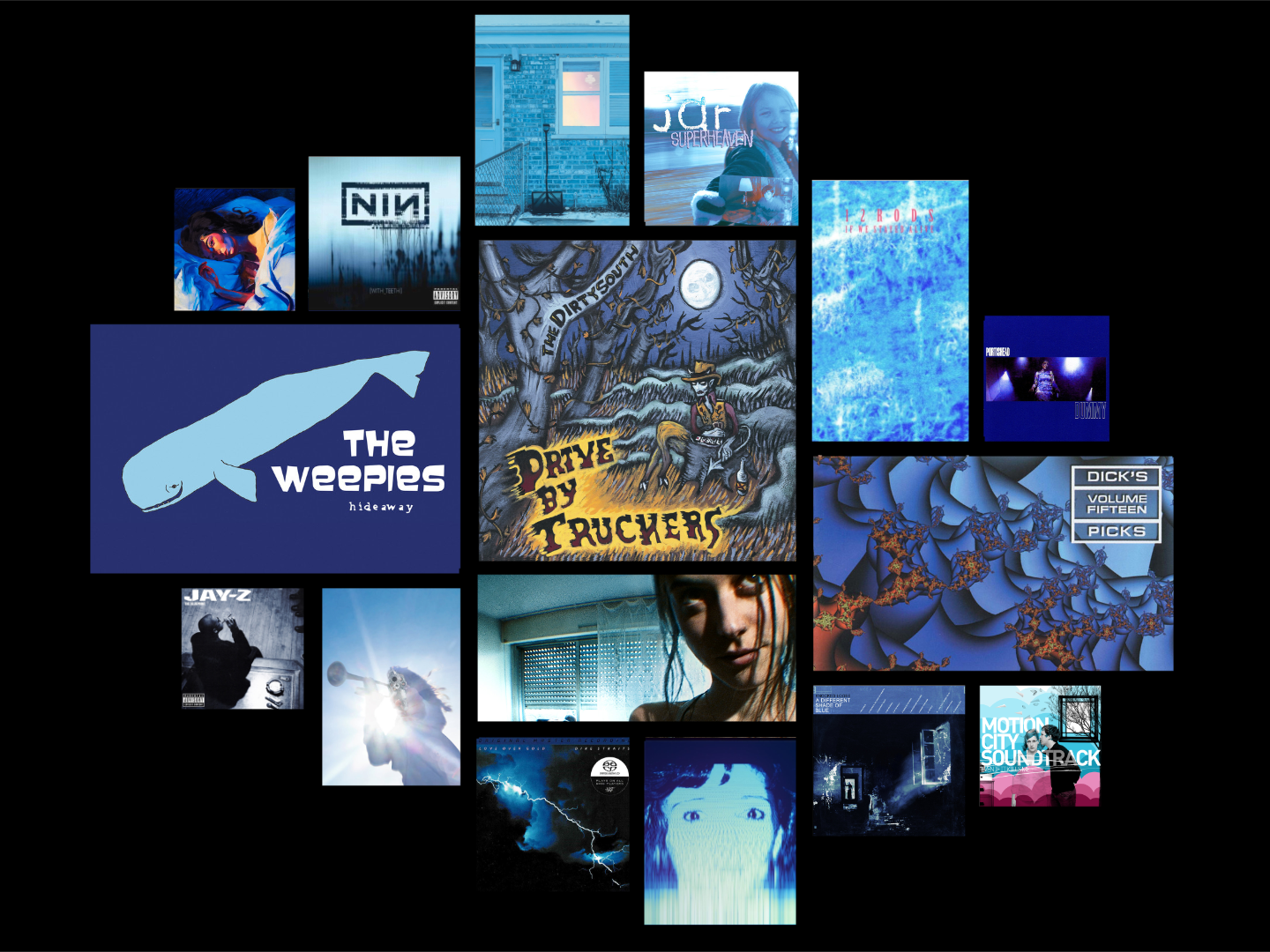glass beach – plastic death | Album Review
/RUN FOR COVER RECORDS
I have spent years trying to appreciate the Grateful Dead. Everything about them should be exactly my speed: psychedelic country rock with long-winded live performances? I’m usually all-in on that sort of thing, but their acclaim has eluded me ever since I began getting into music. They’re a huge influence on so many artists I love, from The Black Crowes to Kurt Vile, yet I’ve never been able to figure out my disconnect. As a flagship band of music nerdery, I re-examine the Dead about every eighteen months to see if my tastes have finally progressed to a place that will let them in, but no such luck.
I say this all to contextualize my thesis: glass beach is my anti-Grateful Dead. Nothing about this band should work for me, but I find them absolutely fascinating. Their influences of note, like Car Seat Headrest and Radiohead, have been among my most maligned artists since my first encounters. glass beach’s lowercase presentation, sometimes erratic genre-hopping, and hour-plus album runtimes are all things I’ve turned my nose up at when done by other bands. It’s the way they create a specific melting pot with all of these things, the way it all comes together in the end. They deliver their brand of leftfield indie rock a cut above other groups, and they aren’t shy about proving it on plastic death.
the first glass beach album was self-released midway through 2019 and got picked up by Run For Cover Records by the end of the year. The Massachusetts label made a name for itself in the 2010s by releasing pop-punk mainstays like Citizen’s Youth and Turnover’s Peripheral Vision. But in the last few years, the focus has shifted to more indie unknowns and upstarts from all over North America. The loud angst of their standout albums was left behind for the twangy emo of Runnner, the pleasant pop of Mini Trees, and the frenetic cacophony of glass beach.
Much like its predecessor, the latest album by glass beach is a bombastic LP that refuses to pigeonhole the band to any one subculture. It’s too smart to be simply nth wave emo, too angular to be just indie rock, and too what-the-fuck to be anything else. If we’re splitting hairs, you could loosely throw glass beach in the math rock camp, but not every song gets as noodly as the style dictates. There’s an argument for post-rock, but that doesn’t really apply to the more aggressive moments. On first listen to either album, it would be easy to assume the band is just throwing ideas at walls for parts of every song and seeing how much they can peel off in one sitting. But for the most part, it all feels pretty intentional, each song its own alternative suite.
After a five-year gap, intent is the name of the glass beach game. Album opener “coelacanth” is six and a half minutes of full-force emo prog, like if Between The Buried And Me were a new Topshelf Records signee. From the spoken word intro to the first droney moments of vocals to what sounds like a xylophone-led bridge, this is exactly the type of song that forces you to understand that glass beach are not students of convention. It ascends to a scaley, arpeggiated guitar passage over classic emo horns that sounds like what would happen if you played songs by Protest The Hero and American Football at the same time. The track ends with offbeat music stabs that could have been a coda to a ‘90s noise rock track.
“motions” follows with a more compact and direct version of this unique style, pumped up in the way only glass beach can make it, like if The Dismemberment Plan wrote an anime theme song. “Reveal the underbelly, I hollow out your shell. I spiral in dark matter, I’m so sick of going through the motions.” A sentiment that can be shared by many, though if I have one consistent criticism throughout the album, it’s that “Classic” j’s vocals are sometimes a bit too underperformed and slurred in their delivery, undercutting the lyrics’ potential impact. The composition of these songs are fiendishly creative; it would have pushed this thing the extra mile to have a more defined lead vocal on tracks like this or the Slaughter-Beach-Dog-in-space-style balladry of “guitar song.”
Additionally, I can’t say the metal breakdowns on songs like “slip under the door” or “commatose” don’t stand out in a bit of an awkward way, but they’re thankfully not peppered in often. These heavy moments aren’t used as a crutch or a gimmick; just like everything else on plastic death it’s clear that glass beach have a vast understanding (and appreciation) of many different styles, it’s just some they pull off better than others.
People in the seventies used to think there were hidden satanic messages if you played Led Zeppelin records backward. I don’t think there’s any hedonistic undertones on “rare animal,” but its intro riff sounds like a honky tonk country single played too fast in reverse, which gives it a ton of personality. The track is a standout moment for me, with the band locking into an air-tight groove throughout the explosive, post-Vaudevillian-space rock melodies and top-notch, multi-part vocal layering. A perfect choice for a single, as it does the best job of presenting all of glass beach’s capabilities in one piece.
plastic death is brickwalled with strange bangers, and I think “puppy” is the album’s crown jewel. This song has j’s strongest delivery on the entire LP, paired with a top-notch guitar riff that sounds like a lost alternative gem from the late ‘90s repurposed for a hyperpop track twenty years later. The lyrics appear to be from the canine’s perspective, making this one ripe for replay to grasp its feelings. “Hold your hands in between the bars, and I’ll lick your palms and bite your fingernails. Hold your hand in between the bars, and I’ll just lay here so effortlessly still.” Talking more about intent, it clearly wasn’t unplanned to have this lead into one of the album’s softest cuts, “the killer.” If this were anywhere else in the tracklisting, it may have been easy to gloss over due to the bulk of the collection. The song’s string arrangements are a wonderful addition that make the album seem as grand as possible.
This mid-album trilogy of songs ends with lead single “the CIA,” a track that leans a bit post-punk in the verses before bursting into a cosmic math-pop chorus. Like “motions,” if you were to condense plastic death down to a few introductory tracks, this feels like an obvious one to display. It’s interesting to have some of the more straightforward songs bundled towards the back half (as “straightforward” as an album like this can be), but it would be against the glass beach code to make an expected sequence.
In the album’s final leg, we get “200,” which I can only describe as yachtgaze. Smooth and slightly jazzy verses get dispersed around a heavy guitar chorus before a bridge that feels like an Andrew Lloyd Weber-meets-Coheed And Cambria crescendo. That theatrical intermission is only the suffocating lead-in to the penultimate “commatose,” which runs just shy of ten minutes. It’s at this moment we finally hear the album’s lyrical namesake, j passionately delivering: “Plastic death, plastic death, suck the marrow ‘til there’s nothing left.” During this section, the song moves into some absolutely head-spinning instrumental territory, like an Alan Parsons-produced breakcore track. The second half of the song leans a bit more reserved, eventually fading out into a wide soundscape. Even with its two defined movements and a nearly double-digit runtime, the track doesn’t feel overblown at all from the sum of its parts.
Album closer “abyss angel” begins as a gorgeous piano ballad with the second-place standout lead vocal across the entire tracklisting. It’s a tender moment of respite from the overwhelming pummel of the songs before it, evolving into the most Thom Yorke-esque recording so far. The performance itself from the entire band is quite good, although I don’t know if I personally needed another six-minute technical journey to cap off an album full of similar cuts. After the epic “commatose” preceding it, I think the final moments of vocals, piano, and ambience would have been better suited to be the last drive from this thing.
glass beach’s most impressive qualities fall into two crucial criteria. First, regardless of whether you like everything the band is capable of, they have undeniably crafted a sound that is all their own. You can easily tell what their influences are, but once they mix them all together, there’s not a single group that sounds like them. It’s the hard individualistic work that helped artists from Frank Zappa to Twitching Tongues stay instantly recognizable in any lineup of contemporaries. Second, plastic death is not an overreach by any imagination. glass beach isn’t writing outside their capabilities or creating a braggadocious album to shame any band that can’t deliver the same way. The sonic fusions don’t feel lazy or half-baked, but calculated and genuine. Sure, I can’t say that I’m in love with every experiment or idea for the entire hour it’s on, but I can feel the work that was put into it, which is what makes plastic death the ultimate feat that it is.
Logan Archer Mounts once almost got kicked out of Warped Tour for doing the Disturbed scream during a band’s acoustic set. He currently lives in Rolling Meadows, IL, but tells everyone he lives in Palatine.










